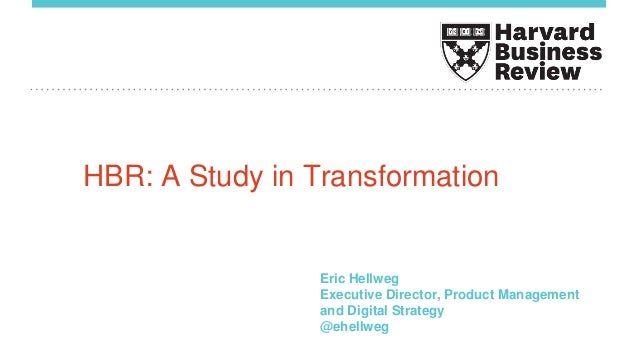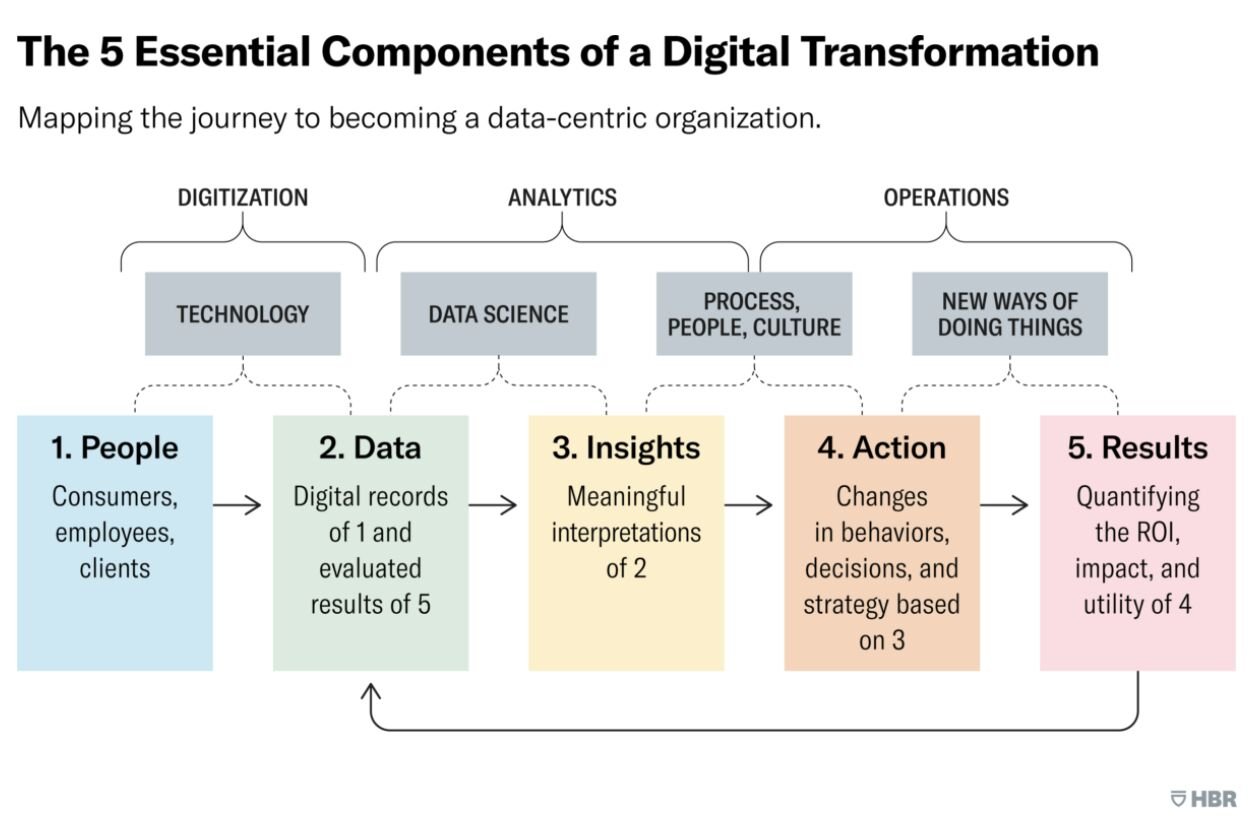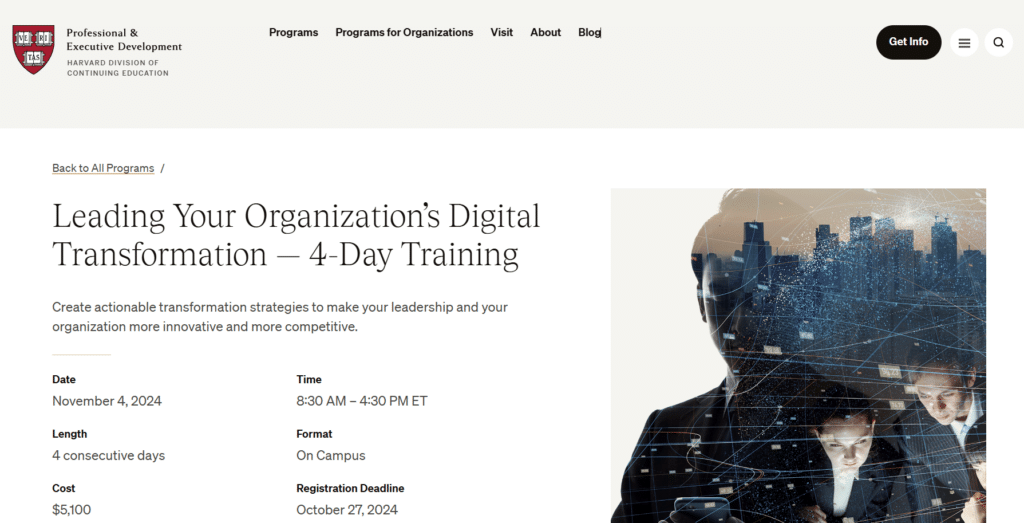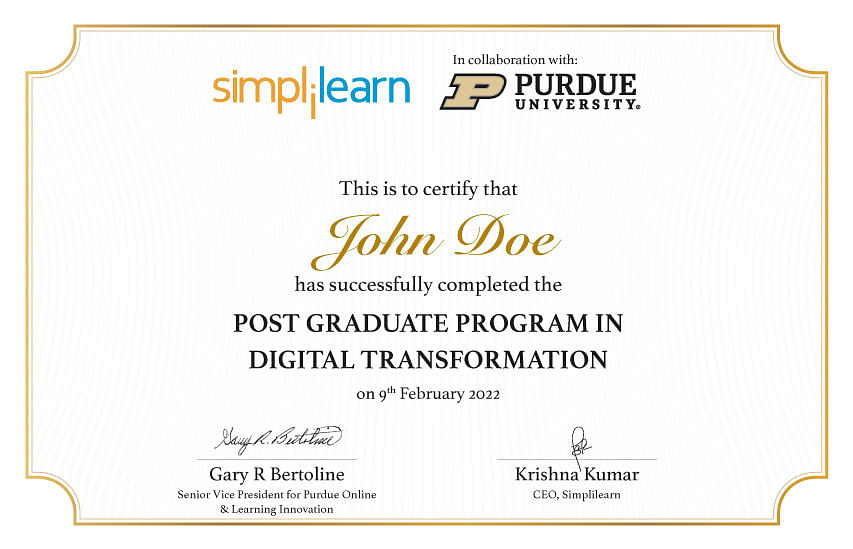Harvard Digital Transformation Course

In an era defined by relentless technological disruption, the ability to navigate and lead digital transformation initiatives has become paramount. Businesses across industries are racing to adapt, leaving a significant skills gap at all levels of leadership.
Harvard University, recognizing this critical need, has launched a comprehensive Digital Transformation course designed to equip executives and managers with the knowledge and tools necessary to drive successful digital change within their organizations.
The Harvard Digital Transformation course, designed for seasoned professionals, aims to demystify the complexities of digital disruption. The program provides participants with a strategic framework for understanding, planning, and implementing digital transformation initiatives. It bridges the gap between technological understanding and practical business application.
The course goes beyond surface-level concepts, delving into practical strategies and actionable insights.
Curriculum and Key Modules
The program's curriculum is structured around several key modules, each focusing on a critical aspect of digital transformation. These modules, according to Harvard Business School's official course description, cover a broad range of topics. This includes understanding the digital landscape, crafting a digital strategy, implementing new technologies, and fostering a culture of innovation.
Specifically, the course addresses: Data Analytics and Decision Making, examining how data-driven insights can inform strategic decisions and improve business outcomes. Customer Experience (CX) Design which highlights the importance of creating seamless and personalized customer journeys in the digital age.
Also, Organizational Change Management, focuses on managing the human element of digital transformation, addressing resistance to change and fostering a culture of adaptability. This module ensures that leaders are equipped to navigate the organizational challenges that often accompany digital initiatives.
Expert Faculty and Real-World Case Studies
The course is led by a team of distinguished Harvard Business School faculty. These professors bring a wealth of academic expertise and real-world experience to the program. Participants also benefit from insights gleaned from real-world case studies involving companies that have successfully undergone digital transformations, and those that haven't.
These case studies provide valuable lessons and practical frameworks for navigating the complexities of digital change. Participants actively engage in discussions and simulations, applying the concepts they've learned to solve real-world business challenges.
Target Audience and Program Structure
The Harvard Digital Transformation course is primarily targeted at senior executives, directors, and managers. These individuals typically hold leadership positions across various functional areas and industries. They are generally responsible for driving strategic initiatives and shaping the future direction of their organizations.
The program is structured as an intensive, multi-day learning experience, typically delivered in a blended format that combines online learning with in-person sessions. The course combines lectures, interactive workshops, group discussions, and case study analysis.
"Digital transformation is no longer a choice but a necessity for organizations to thrive in today's rapidly evolving business environment," says Professor Karim Lakhani, a leading faculty member involved in the program.
Impact and Outcomes
Participants completing the Harvard Digital Transformation course can expect to gain a deeper understanding of the strategic implications of digital technologies. They will also be equipped with the skills and knowledge necessary to lead digital transformation initiatives within their organizations. Graduates will also be able to develop and implement effective digital strategies. They can also cultivate a culture of innovation and adaptability, and drive measurable business outcomes.
Early data suggests that alumni of the program report significant improvements in their ability to navigate digital challenges and drive strategic change. This data is based on surveys conducted by Harvard Business School's alumni network.
Criticisms and Alternative Perspectives
While the Harvard Digital Transformation course has received positive feedback, it's important to acknowledge potential criticisms. Some argue that the course is expensive, making it inaccessible to smaller businesses and organizations with limited budgets.
Alternatively, other institutions and online platforms offer digital transformation courses with varying levels of depth and cost. The value proposition of the Harvard course lies in the prestige of the institution, the expertise of the faculty, and the networking opportunities it provides.
The Harvard Digital Transformation course represents a significant investment in leadership development. It addresses a critical need for organizations seeking to navigate the complexities of the digital age. As technology continues to evolve, the demand for professionals with the skills and knowledge to drive digital transformation will only intensify.
Harvard's offering serves as a crucial resource for leaders seeking to equip themselves and their organizations for success in the digital future. The program promises to be a catalyst for innovation and growth, shaping the leaders of tomorrow.
















 (2).jpg)

